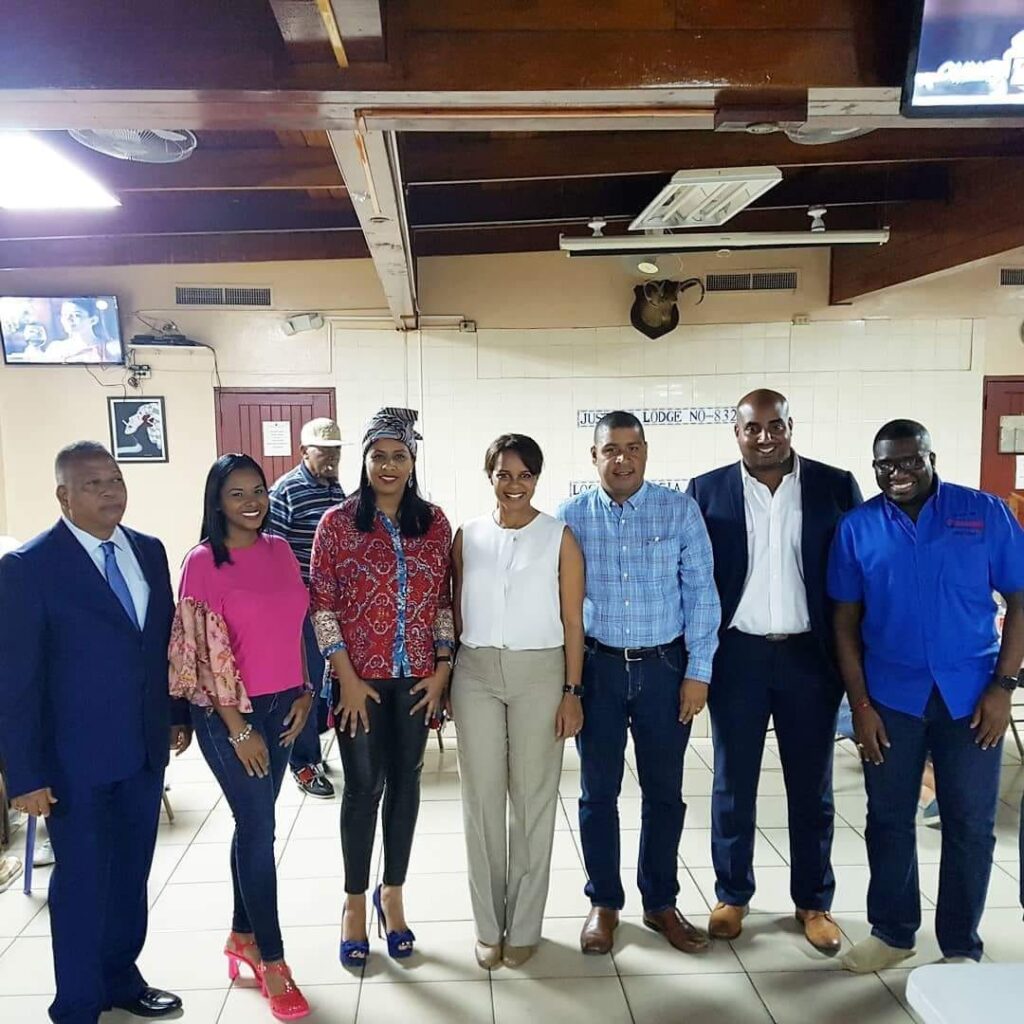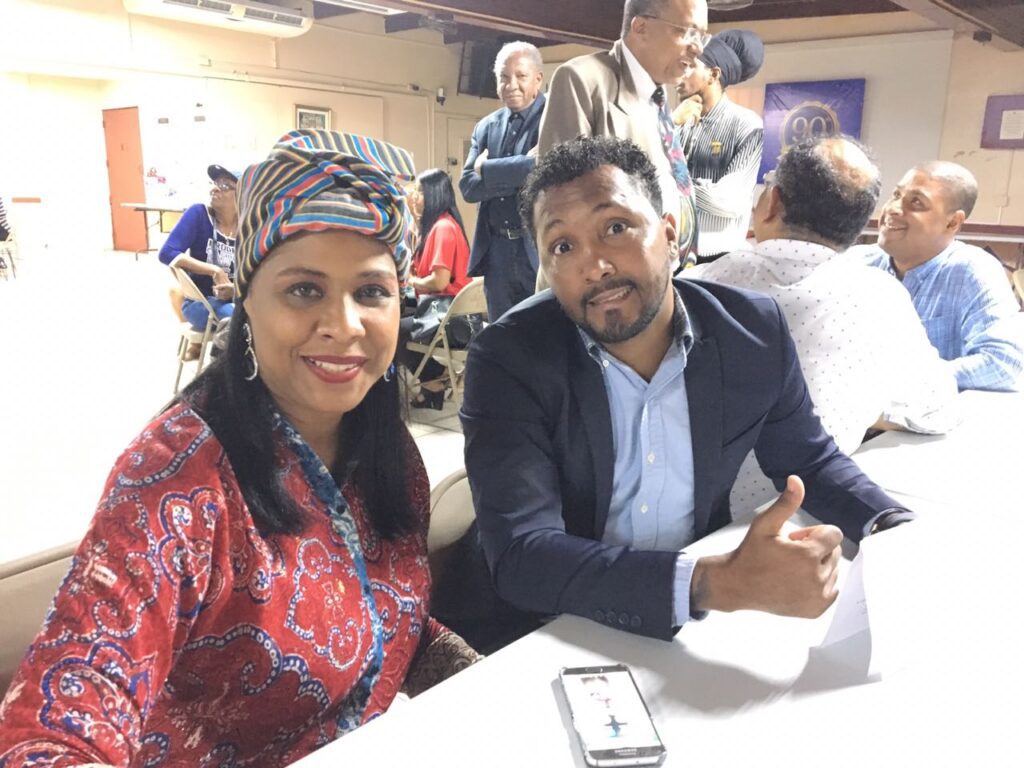#VenezuelaMigrates: Civil Society Organizations launch Plan of Action to protect migrants and refugees from Venezuela
WASHINGTON, DC. November 16, 2018.- Since the beginning of the year, The International Institute of Race, equality and Human Rights, as part of the organizations belonging to the Venezuelan Human Mobility Group, have been following the with great concern the human rights situation of migrants and refugees forced to leave Venezuela. As a result, we called for a concerted regional response on August 22. This was followed up on September 19 with an initial blueprint that could support this work.
Despite efforts made so far, national and international spaces continue to require greater efficiency and coordination in their regional response to the crisis. To date, there is still little clarity throughout the continent on the best protocols to respond the needs of three million migrants and refugees from Venezuela, in a manner that complies with international standards for the protection of human rights and comprehensive humanitarian assistance.
Meanwhile, the high-risk situations of violence and discrimination that many migrants and refugees face at all stages of their journey continue to increase. Likewise, the specific needs of those migrants and refugees, particularly the needs of those belonging to groups in situations of vulnerability who are most exposed to violence and discrimination, have become more acute.
In light of this, the Venezuelan Human Mobility Group – of which The International Institute of Human Rights is a part of – developed the Civil Society Action Plan for People from Venezuela that Require National and International Protection, which establishes a road map to improve coordinated responses to this this situation.
The document addresses the specific actions required by all the actors involved, clarifies state obligations, makes recommendations to the States, establishes our commitments as civil society members and organizations, issues recommendations to other members of civil society throughout the region and provides guidelines to international organizations and allies. All of the above with respect to the following central axes:
- The correct legal characterization of migrants and refugees, State´s obligations regarding both, the application of the Cartagena Declaration in the Venezuelan context and the mechanisms of regular migration.
- Intersectional approaches to address multiple factors of discrimination faced by different migratory groups based on their gender, race, ethnicity, sexual orientation, age, among others.
- The actions required to properly assist each step of a migrant and refugee´s journey, including long-lasting solutions that guarantee access through transit and to their destination countries, as well as guarantees of their rights in their countries of destination.
- Regional monitoring and advocacy strategies that brings together all the key actors involved in the development of responses to the situation of Venezuelan people facing a situation of human mobility.
We trust that this document will be useful to all actors tasked with crafting a human rights based approach in the face of this displacement crisis; as well as other current and future migrant and refugee situations that may arise in the region. Likewise, we hope that proposals that involve groups in a high state of vulnerability, such as women, children and adolescents, the LGBTI community and people of African descent, can be implemented with caution.
For more information about the Venezuelan Human Mobility Group visit: www.movhuve.org




